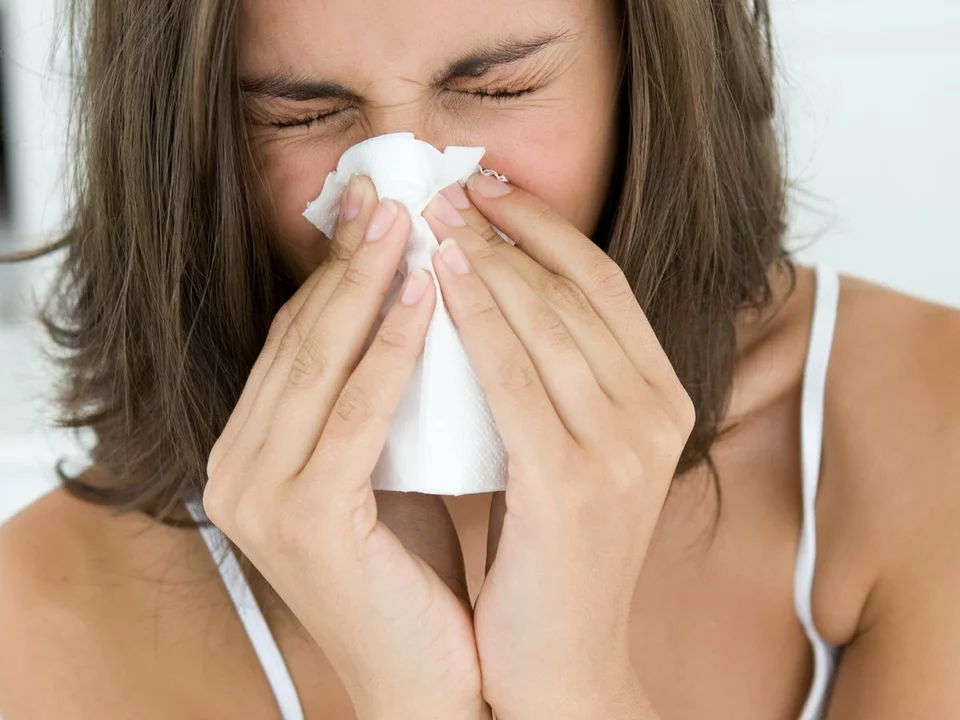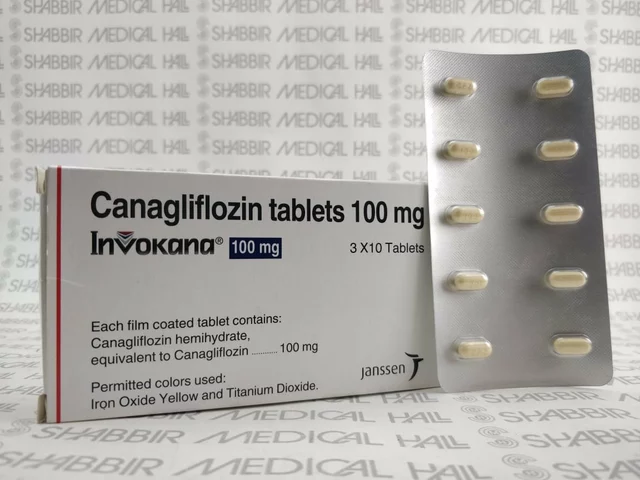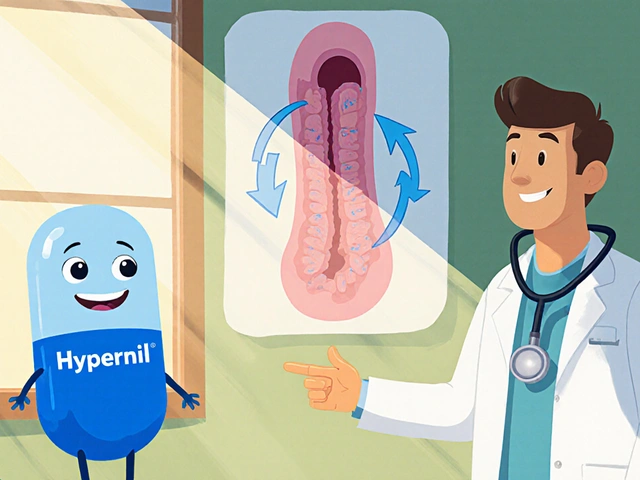Prevention Tips: Simple Steps to Stay Healthy
Want easy, useful ways to lower your risk of getting sick or making health problems worse? Start with small habits you can keep. This page gathers practical prevention tips for everyday life: avoiding infections, using medicines safely, and making lifestyle choices that protect your health.
Everyday infection control that actually works
Wash your hands often with soap for at least 20 seconds, especially after being in public, before eating, and after using the restroom. If you can't use soap, use a hand sanitizer with at least 60% alcohol. When you're around someone who's coughing or sneezing, keep distance and wear a mask if you're high risk.
Clean high-touch surfaces weekly or whenever someone in your home is sick—door handles, phones, remotes. Avoid touching your face, and cover coughs with your elbow or a tissue. If you care for someone ill, set up simple routines: separate towels, a dedicated cup, and frequent handwashing to reduce spread.
Smart medication and supplement habits
Only take medicines prescribed to you and follow the label. Check expiration dates and store drugs in a cool, dry place out of children's reach. When ordering online, use reputable pharmacies—look for clear contact info, licensed pharmacists, and secure checkout. If a deal looks too good, it might be a scam.
Keep a current list of your prescriptions and share it with every provider you see. That helps avoid dangerous interactions. Before starting supplements like antioxidants or herbal remedies, ask a pharmacist or doctor how they might affect your meds—some supplements change how drugs work.
Never share prescription medication, and never split pills unless your doctor says it's okay. If side effects show up, stop the drug and contact your provider right away. For chronic conditions like diabetes or high blood pressure, steady medication and regular check-ins prevent complications.
Preventive care goes beyond meds. Stay up to date on vaccines that match your age and health status. Vaccines reduce the chance of serious illness and help protect people around you who can't be vaccinated.
Sleep, movement, and stress matter. Aim for regular sleep, 30 minutes of activity most days, and small stress-relief practices like short walks or breathing exercises. These habits strengthen your immune system and make treatments work better.
Finally, know when to get help. If symptoms are severe or suddenly worse—high fever, chest pain, trouble breathing, severe confusion—seek medical care right away. For routine concerns, phone your clinic or use telehealth if available.
Prevention is a mix of good habits, smart medication choices, and knowing when to ask for help. Try one small change this week—wash hands more often, check one medicine label, or book a vaccine—and build from there.

How to prevent a blocked-up nose and red, watery eyes during allergy season
As allergy season approaches, I've found a few ways to prevent the dreaded blocked-up nose and red, watery eyes. First, I make sure to keep my home clean and dust-free, especially my bedroom. I've also discovered that using a HEPA air purifier can significantly reduce allergens in the air. Additionally, staying indoors during peak pollen hours and wearing sunglasses when outside has been a great help. Lastly, over-the-counter allergy medications have been a lifesaver when symptoms do strike!
Categories
- Medications (70)
- Health and Medicine (61)
- Health and Wellness (36)
- Online Pharmacy Guides (16)
- Nutrition and Supplements (9)
- Parenting and Family (3)
- Environment and Conservation (2)
- healthcare (2)
- prescription savings (1)



